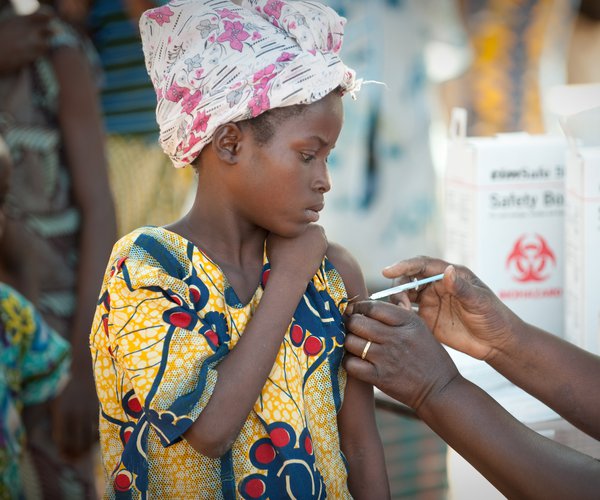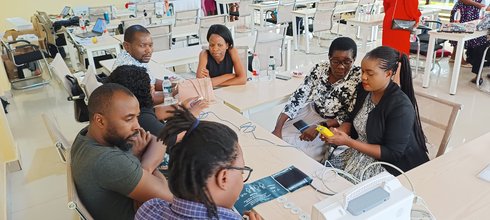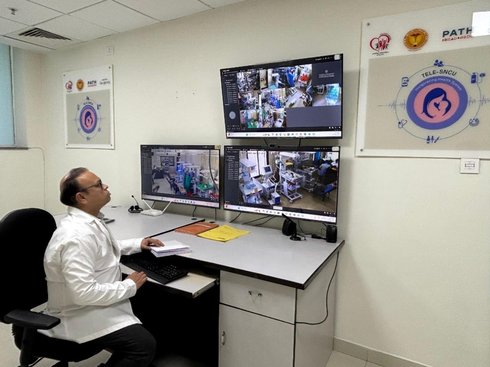




Everyone deserves a healthy life
Be the way to better health for millions.
Get involved
Donors fuel our impact.
Make a difference with PATH. Your involvement powers our work and drives innovation in health. Whether you’re contributing as an individual, joining forces through your workplace, or partnering with us on a global scale, your support is the catalyst for change.
A trusted partner
PATH is one of America’s top charities
PATH received a three-star rating from Charity Navigator, based on financial health, culture, and ability to respond to social and economic conditions to achieve our mission; the Platinum Transparency seal—the highest available—from Candid; and was named one of Forbes’ top charities in the United States, scoring 99 percent in fundraising efficiency and 89 percent in charitable commitment.
Realizing the vision of universal health coverage
We make good health more accessible for everyone, everywhere.
PATH’s global team of scientists, clinicians, designers, engineers, advocates, and experts from dozens of other specialties all share the same goal: health equity. We partner with public institutions, businesses, grassroots groups, and investors to solve the world’s most pressing health challenges.








